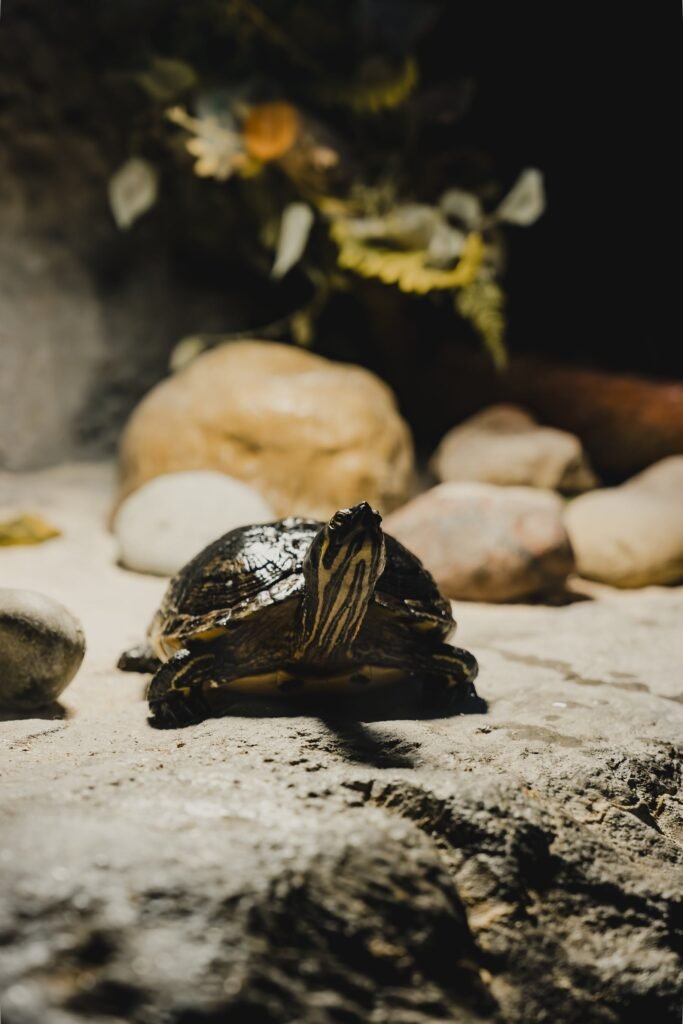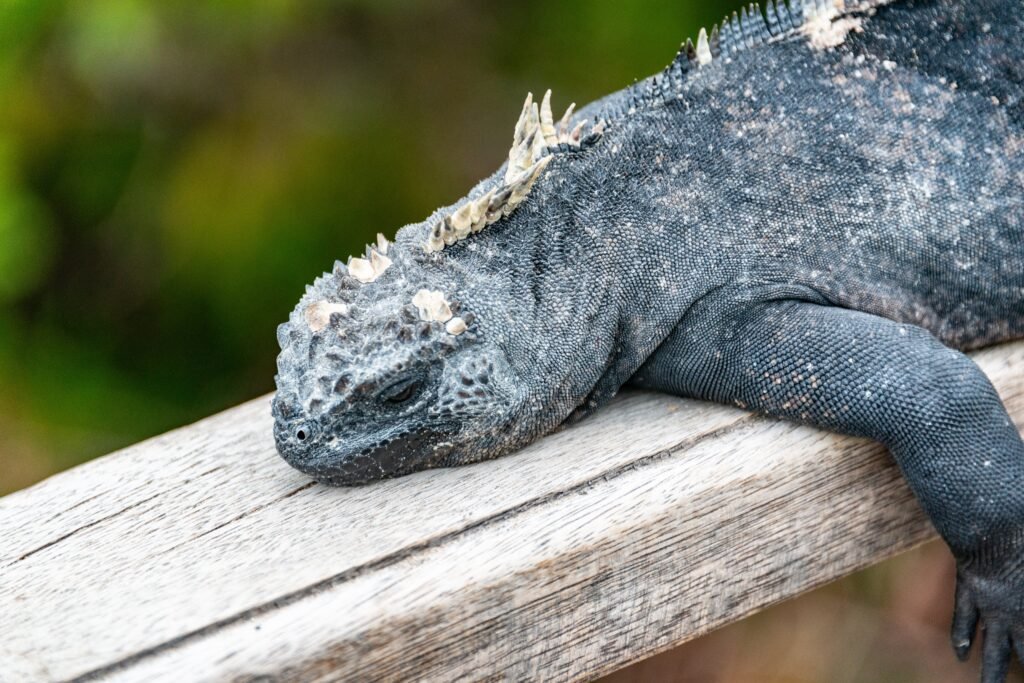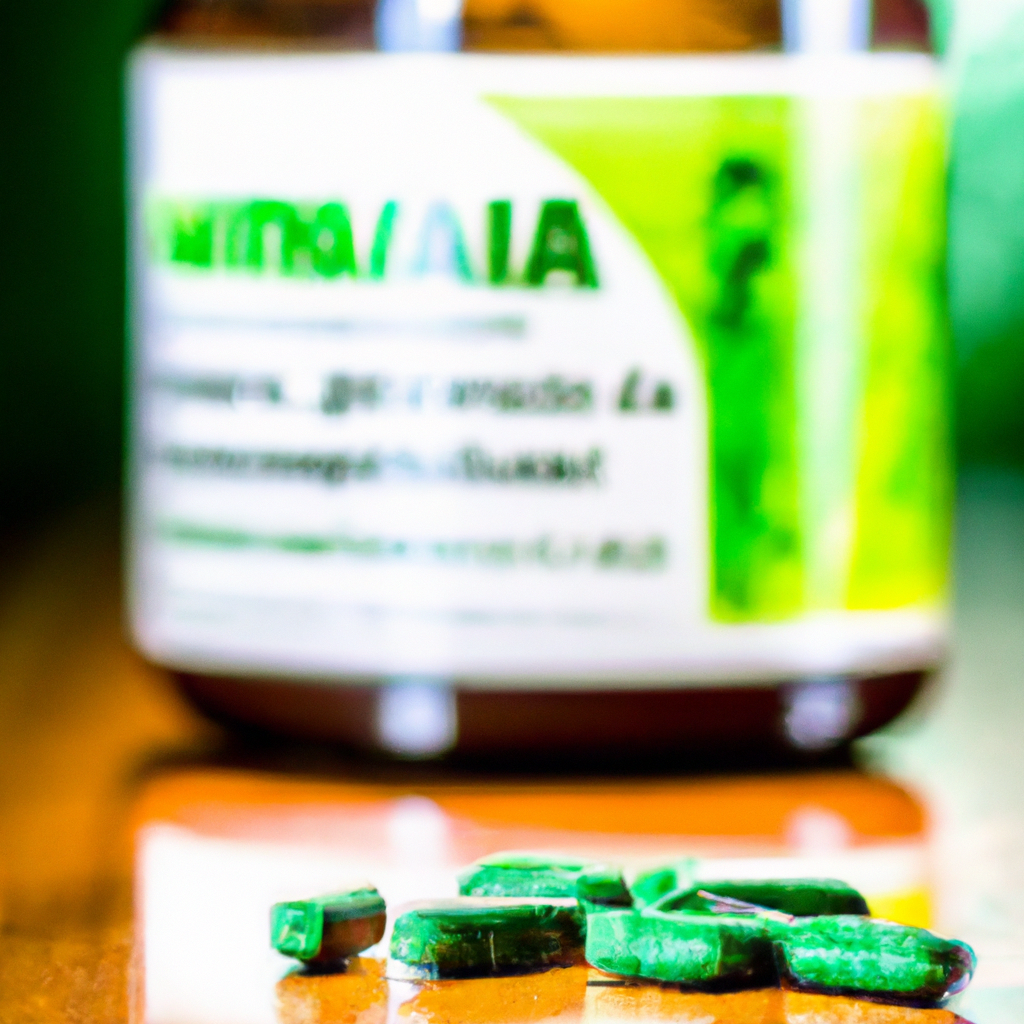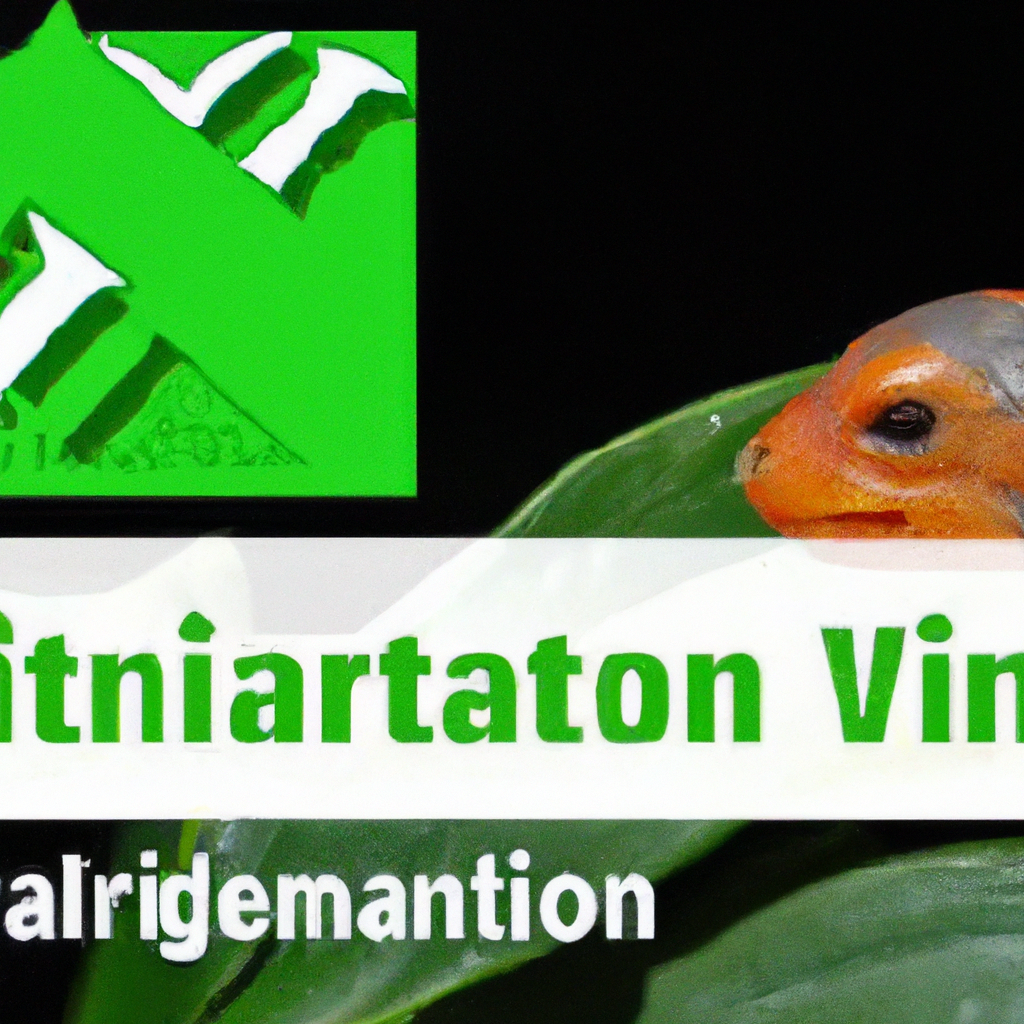Are you a reptile owner looking for the best way to ensure the health and well-being of your scaly friend? Look no further! In this article, we will introduce you to the wonderful world of “Vitaminas Para Reptiles.” These reptile vitamins have been specifically formulated to meet the unique nutritional needs of reptiles, providing them with the essential vitamins and minerals they need to thrive. With “Vitaminas Para Reptiles,” you can rest assured that your reptile is getting the best possible care, allowing them to live a long, happy, and healthy life. So, let’s dive in and discover how these vitamins can make a world of difference for your reptile companion!

The Importance of Vitamins for Reptiles
Reptiles, like any other living creatures, require a balanced and nutritious diet to maintain their overall health and well-being. Essential vitamins play a crucial role in supporting their physiological functions and metabolic processes. Just like humans, reptiles cannot produce all the vitamins their bodies need, which is why it is essential to ensure they receive an adequate supply of vitamins through their diet or proper supplementation. Understanding the nutritional needs of reptiles and the effects of vitamin deficiencies is vital for any reptile owner or enthusiast.
Understanding the Nutritional Needs of Reptiles
To provide the best care for your reptile friend, it is important to have a solid understanding of their nutritional needs. Reptiles have specific requirements when it comes to vitamins, minerals, and other essential nutrients. Their dietary needs are influenced by factors such as species, age, size, and overall health. While vitamins are required in relatively small quantities compared to other nutrients, they are no less crucial. Vitamins aid in various bodily functions, including growth, reproduction, immune function, and energy metabolism.
Effects of Vitamin Deficiencies in Reptiles
Vitamin deficiencies can have severe consequences on the health and well-being of reptiles. Lack of essential vitamins can lead to a variety of health issues, including weakened immune systems, growth abnormalities, metabolic disorders, and impaired reproductive capabilities. Reptiles that suffer from vitamin deficiencies are more susceptible to infections, diseases, and developmental abnormalities. It is crucial to address and prevent vitamin deficiencies to ensure the longevity and vitality of your reptile companion.
Types of Vitamins for Reptiles
Vitamins for reptiles can be classified into two main categories: fat-soluble vitamins and water-soluble vitamins. Understanding the difference between these two types of vitamins is important in meeting your reptile’s specific needs.
Fat-Soluble Vitamins
Fat-soluble vitamins include vitamins A, D, E, and K. These vitamins are soluble in fats and oils, meaning they are stored in the body’s fat tissues and can be utilized as needed. Reptiles require these vitamins in moderate quantities, as excessive intake can lead to toxicity. It is crucial to provide a balanced diet that includes appropriate levels of fat-soluble vitamins for your reptile to ensure their overall health and well-being.
Water-Soluble Vitamins
Water-soluble vitamins, such as the B complex vitamins (B1, B2, B3, B5, B6, B7, B9, B12), and vitamin C, are not stored in the body. They are instead excreted through urine. Reptiles have a higher requirement for water-soluble vitamins compared to mammals because they excrete these vitamins more rapidly. It is important to provide a steady supply of water-soluble vitamins to meet their needs.
Overview of Essential Vitamins for Reptiles
Reptiles require a variety of essential vitamins to maintain optimal health. Here is a brief overview of some of the key vitamins necessary for reptiles:
- Vitamin A: Essential for vision, skin health, growth, and reproductive function.
- Vitamin D: Vital for calcium and phosphorus absorption, which supports bone health.
- Vitamin E: Functions as an antioxidant, protecting cells from damage, and promoting immune system health.
- Vitamin K: Required for blood clotting and bone health.
- B complex vitamins: Essential for energy metabolism and overall cellular function.
- Vitamin C: Important for immune function and the production of collagen, a vital protein for connective tissues.

Sources of Vitamins for Reptiles
Providing a varied and balanced diet is crucial to ensure that your reptile receives an adequate supply of vitamins. There are two primary sources of vitamins for reptiles: natural food sources and supplements.
Natural Food Sources
A well-planned diet consisting of a variety of fresh, whole prey items, vegetables, fruits, and certain plant matter can provide a significant portion of the required vitamins for your reptile. For example, vitamin A can be obtained from dark leafy greens such as kale or spinach, while vitamin D can be synthesized through exposure to appropriate levels of UVB light.
Supplements for Reptiles
In addition to a nutritious diet, supplements can provide an extra boost of vitamins for reptiles. Reptile-specific vitamin and mineral powders or liquids can be sprinkled onto their food to ensure they are obtaining all the necessary nutrients. It is important to choose high-quality supplements designed specifically for reptiles and follow the recommended dosage guidelines.
Administering Vitamins to Reptiles
When it comes to administering vitamins to reptiles, choosing the right method and understanding the appropriate frequency and dosage is essential.
Choosing the Right Administration Method
The most common method of vitamin supplementation for reptiles is through dusting or gut-loading their food. This involves coating their prey or gut-loading insects with the appropriate vitamin and mineral powders. Another method is oral supplementation, where liquid vitamins can be mixed into their drinking water or applied directly into their mouths. Be sure to choose a method that is suitable for your reptile’s species, size, and comfort level.
Frequency and Dosage of Vitamin Supplementation
The frequency and dosage of vitamin supplementation vary depending on the specific needs of your reptile and the type of supplement being used. It is important to follow the guidelines provided by the supplement manufacturer or consult with a reptile veterinarian to ensure accurate dosing. Over-supplementation can be just as harmful as deficiencies, so it is crucial to strike a balance.

Common Vitamin Deficiencies in Reptiles
Despite our best efforts, vitamin deficiencies can still occur in reptiles. Understanding some of the common deficiencies can help you recognize the signs and take appropriate action.
Calcium Deficiency
calcium deficiency, also known as hypocalcemia, is a common vitamin deficiency in reptiles. It can lead to metabolic bone disease, which is characterized by weak, brittle bones, muscle tremors, and even fractures. Providing a diet rich in calcium and ensuring proper vitamin D3 intake is essential to prevent calcium deficiencies.
Vitamin D3 Deficiency
Vitamin D3 deficiency can lead to a range of health problems, including soft shells, bone deformities, and poor reproductive health. Reptiles require adequate levels of UVB exposure to synthesize vitamin D3 naturally. Without sufficient exposure to UVB light, vitamin D3 deficiencies can occur.
Vitamin A Deficiency
Vitamin A deficiency can cause a variety of health issues in reptiles, including skin problems, respiratory infections, and impaired vision. Providing a diet that includes vitamin A-rich foods, such as dark leafy greens and certain fruits, can help prevent vitamin A deficiencies.
Signs of Vitamin Deficiencies in Reptiles
Recognizing the signs of vitamin deficiencies in reptiles is crucial in addressing and preventing these issues. Both physical symptoms and behavioral changes can provide valuable insight into your reptile’s overall health.
Physical Symptoms
Physical symptoms of vitamin deficiencies may include visible abnormalities such as discolored or dull skin, skeletal deformities, poor body condition, and signs of weakened immune function. Reptiles may experience shedding difficulties, eye problems, or develop growth abnormalities as a result of vitamin deficiencies.
Behavioral Changes
Vitamin deficiencies can also manifest in behavioral changes. Reptiles may exhibit decreased activity levels, reduced appetite, lethargy, or a lack of reproductive activity. Any sudden or notable changes in behavior should be taken seriously and considered as potential signs of vitamin deficiencies.

Preventing Vitamin Deficiencies in Reptiles
Prevention is always better than cure when it comes to vitamin deficiencies in reptiles. Here are some key steps you can take to help prevent these deficiencies:
Balanced Diet
Providing a balanced and varied diet is the foundation for preventing vitamin deficiencies. Ensure that your reptile’s diet includes a combination of prey items, fresh vegetables, fruits, and other plant matter that provide a wide range of vitamins. Consider incorporating reptile-specific vitamin supplements into their feeding routine, as recommended by a reptile veterinarian.
Proper Lighting and UVB Exposure
Reptiles require access to appropriate levels of UVB light to synthesize their own vitamin D3. Providing them with high-quality UVB lighting fixtures and ensuring they have access to proper exposure is essential. The specific lighting requirements can vary by species, so it is important to research your reptile’s needs or consult a reptile veterinarian for guidance.
Consulting a Veterinarian
While proper husbandry practices can help prevent many vitamin deficiencies, it is still crucial to consult a reptile veterinarian for regular check-ups and professional advice.
Importance of Regular Check-Ups
Regular check-ups with a reptile veterinarian can help identify and address any potential vitamin deficiencies early on. Veterinarians can perform thorough physical examinations, blood tests, and offer guidance on diet, supplementation, and environmental conditions tailored to your reptile’s specific needs.
Seeking Professional Advice
If you suspect your reptile may be suffering from a vitamin deficiency or have any concerns about their health, it is always best to seek professional advice. A reptile veterinarian is the best resource to help diagnose and treat any existing deficiencies and provide guidance on proper care and supplementation.

Conclusion
Vitamins play a crucial role in maintaining the overall health and well-being of reptiles. Understanding the nutritional needs of reptiles, providing a balanced diet, and ensuring access to appropriate levels of vitamins and UVB exposure are essential in preventing deficiencies. Regular check-ups and professional advice from a reptile veterinarian can help address any potential deficiencies and ensure the longevity and vitality of your reptile companion. By prioritizing the nutritional needs of your reptile and taking proactive measures, you can ensure they thrive in their environment and enjoy a happy and healthy life.
